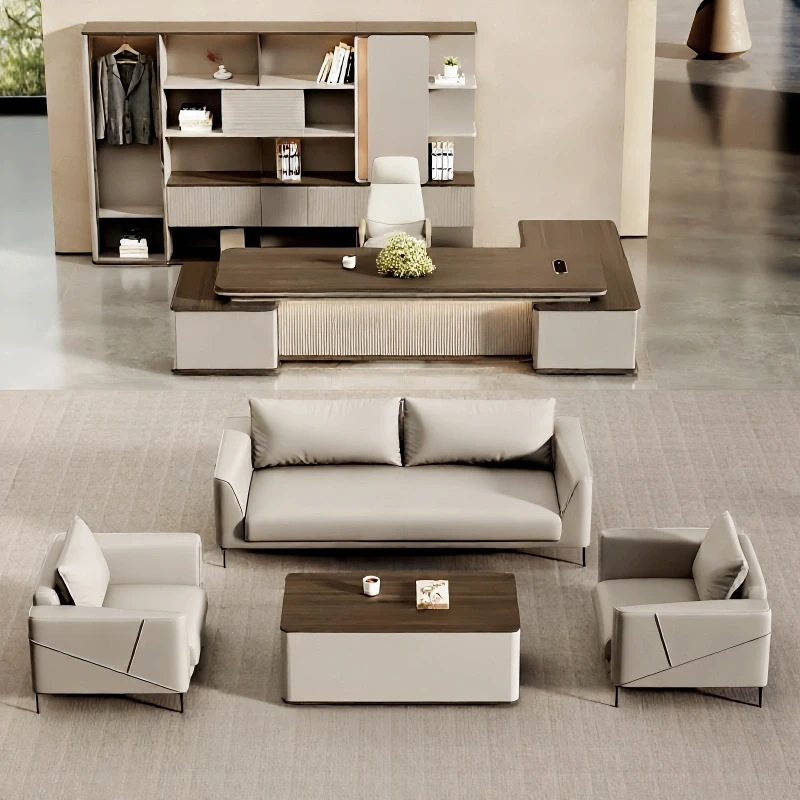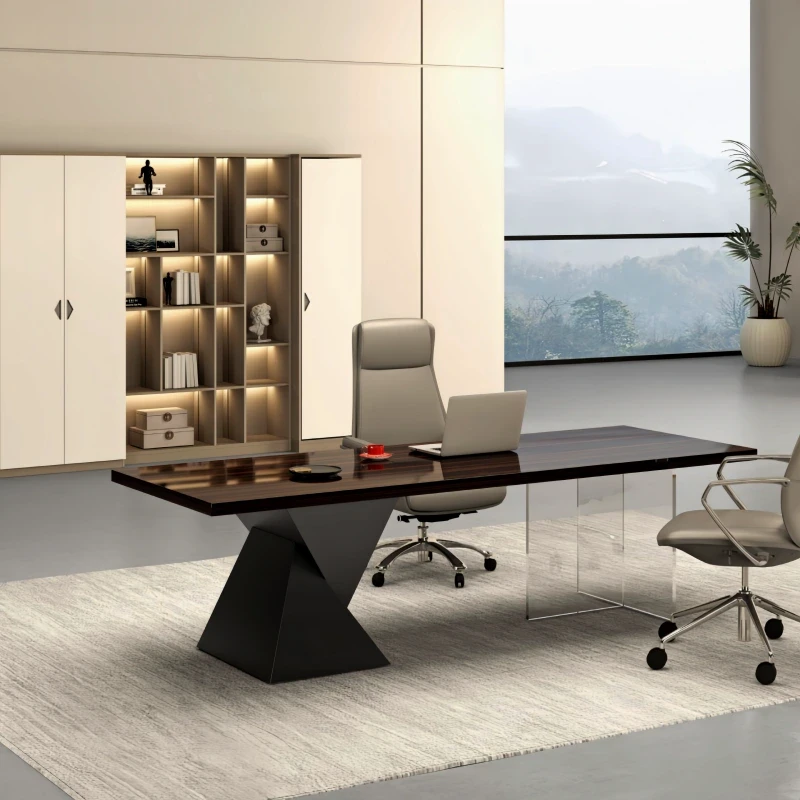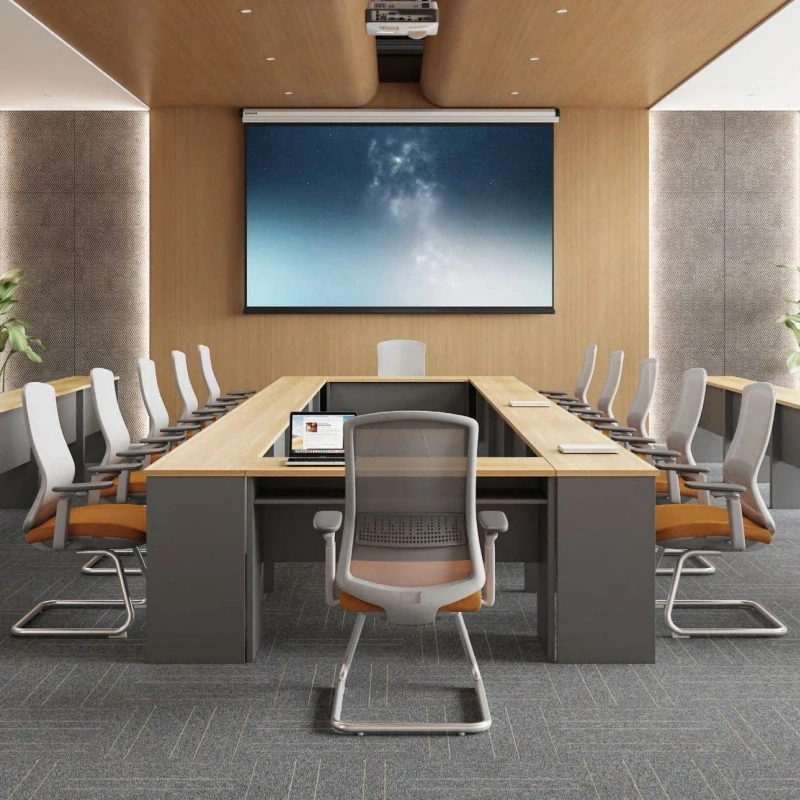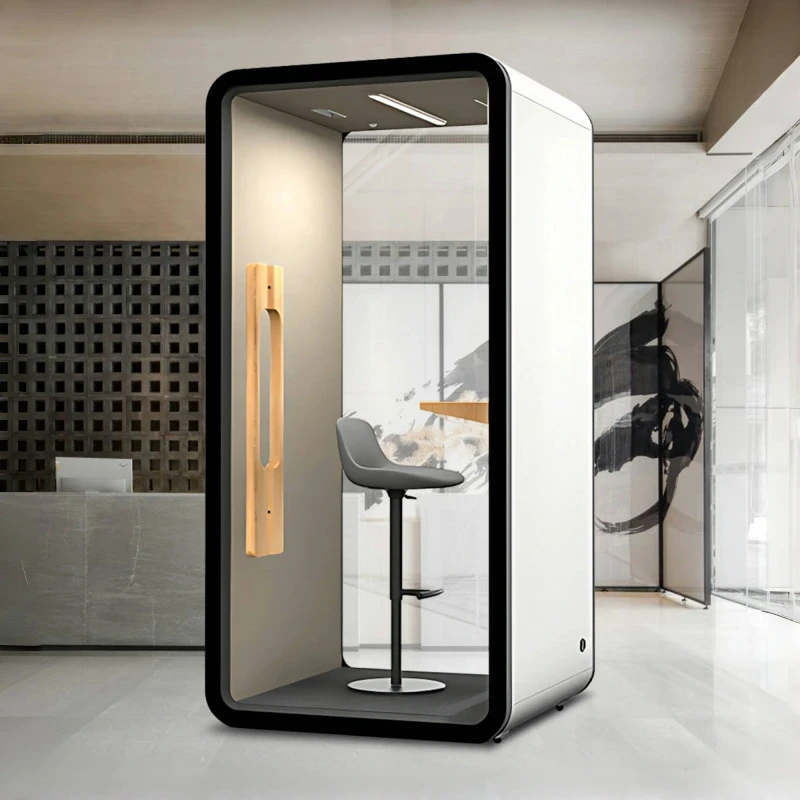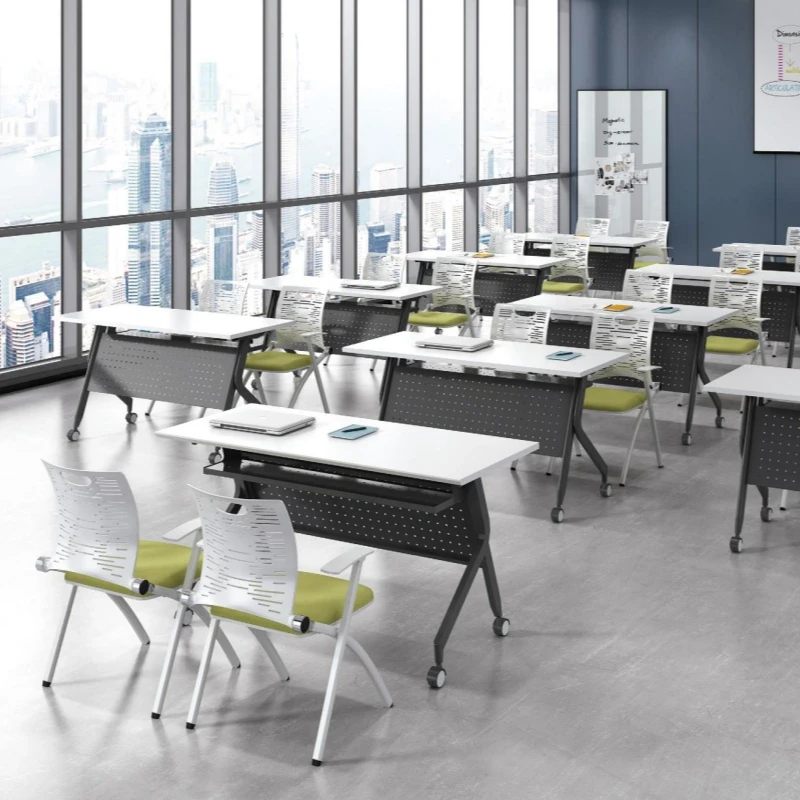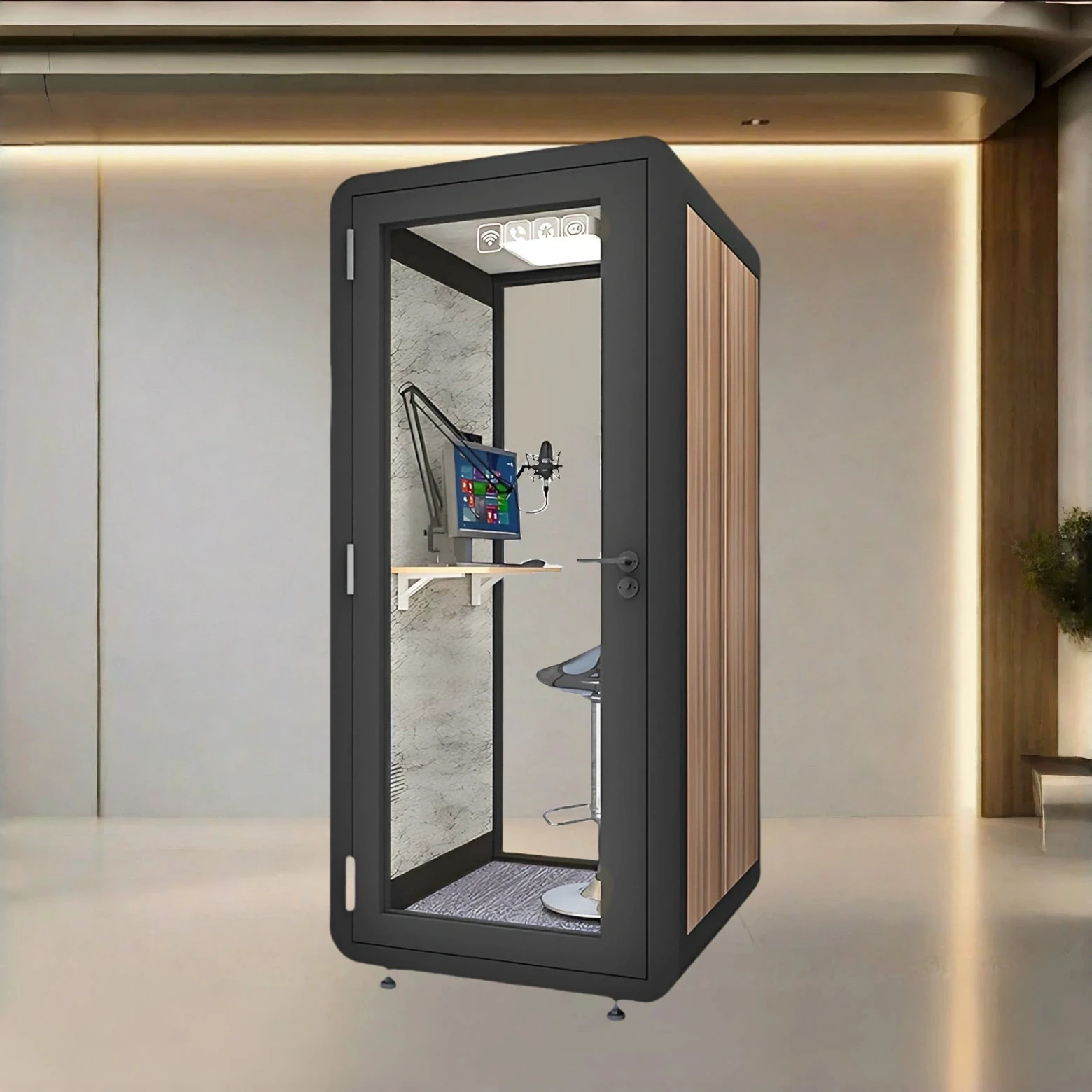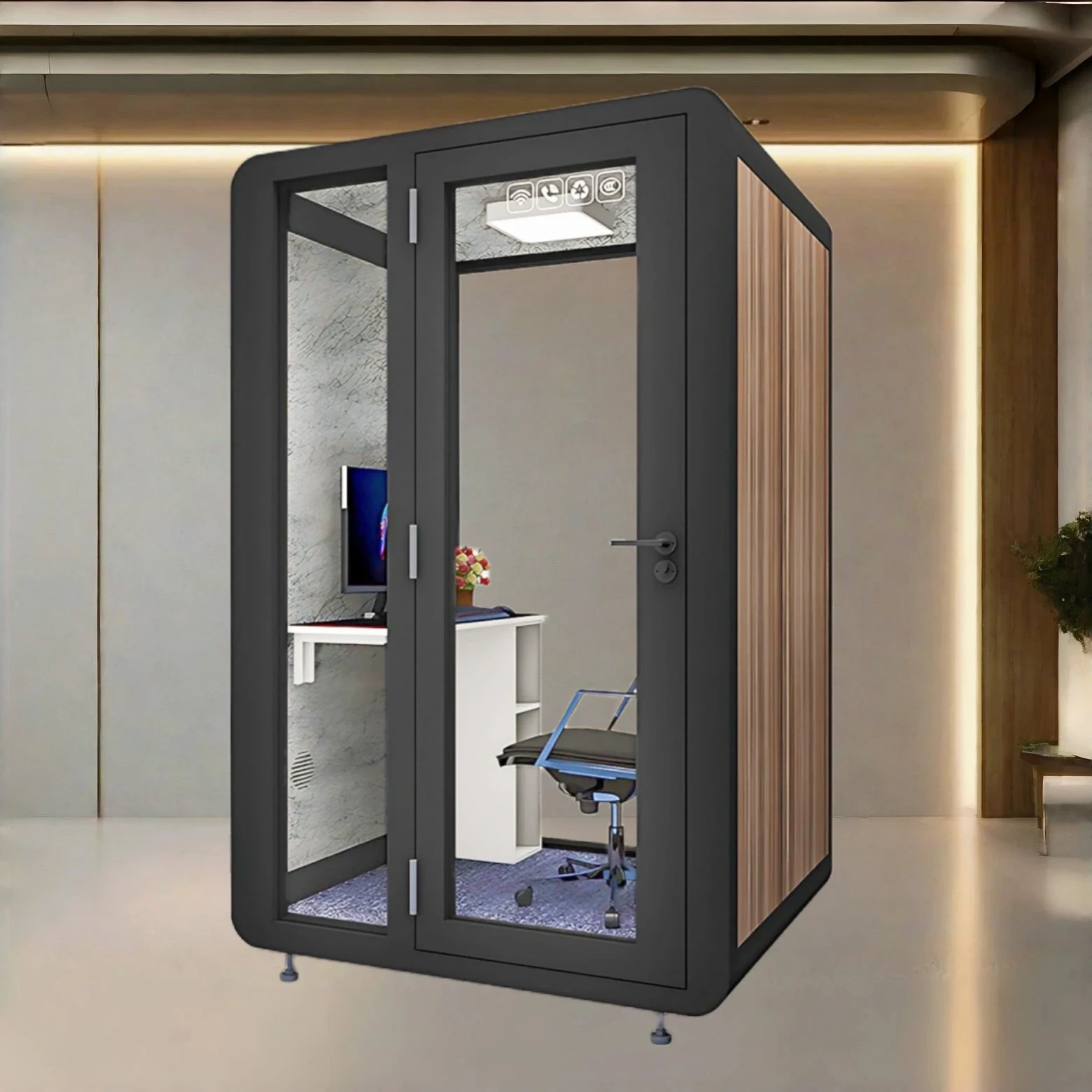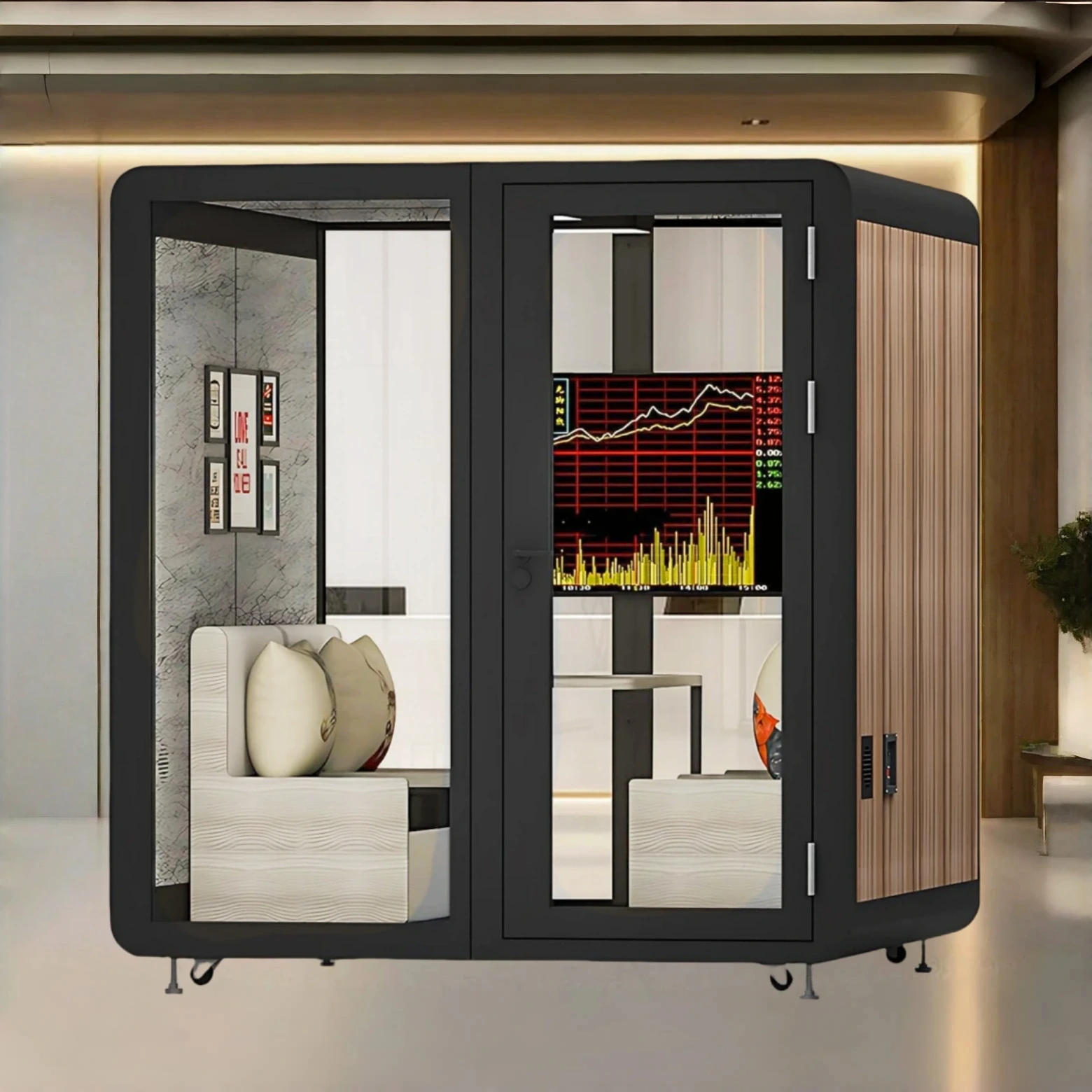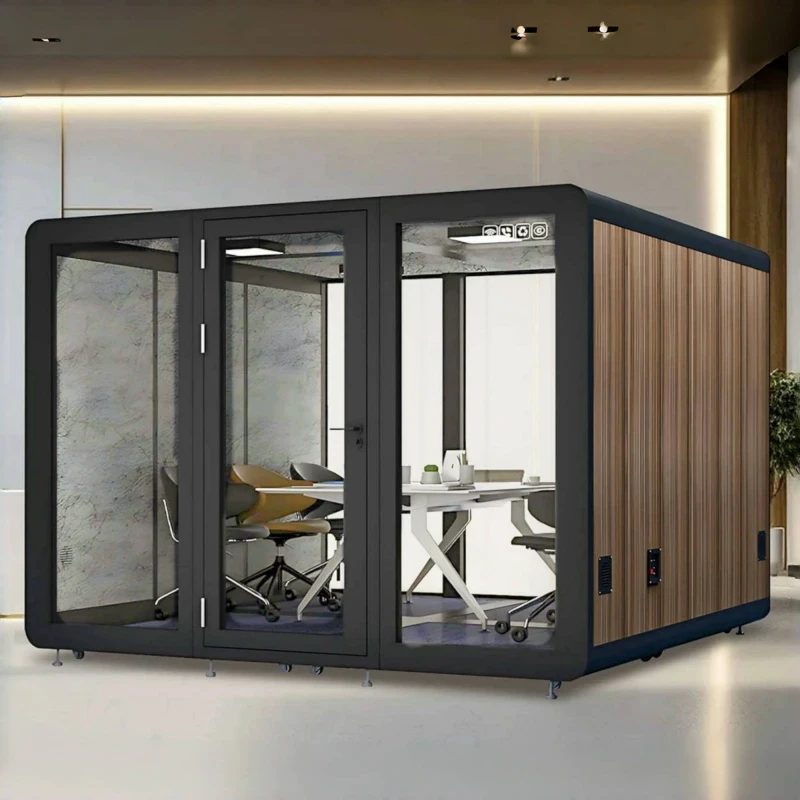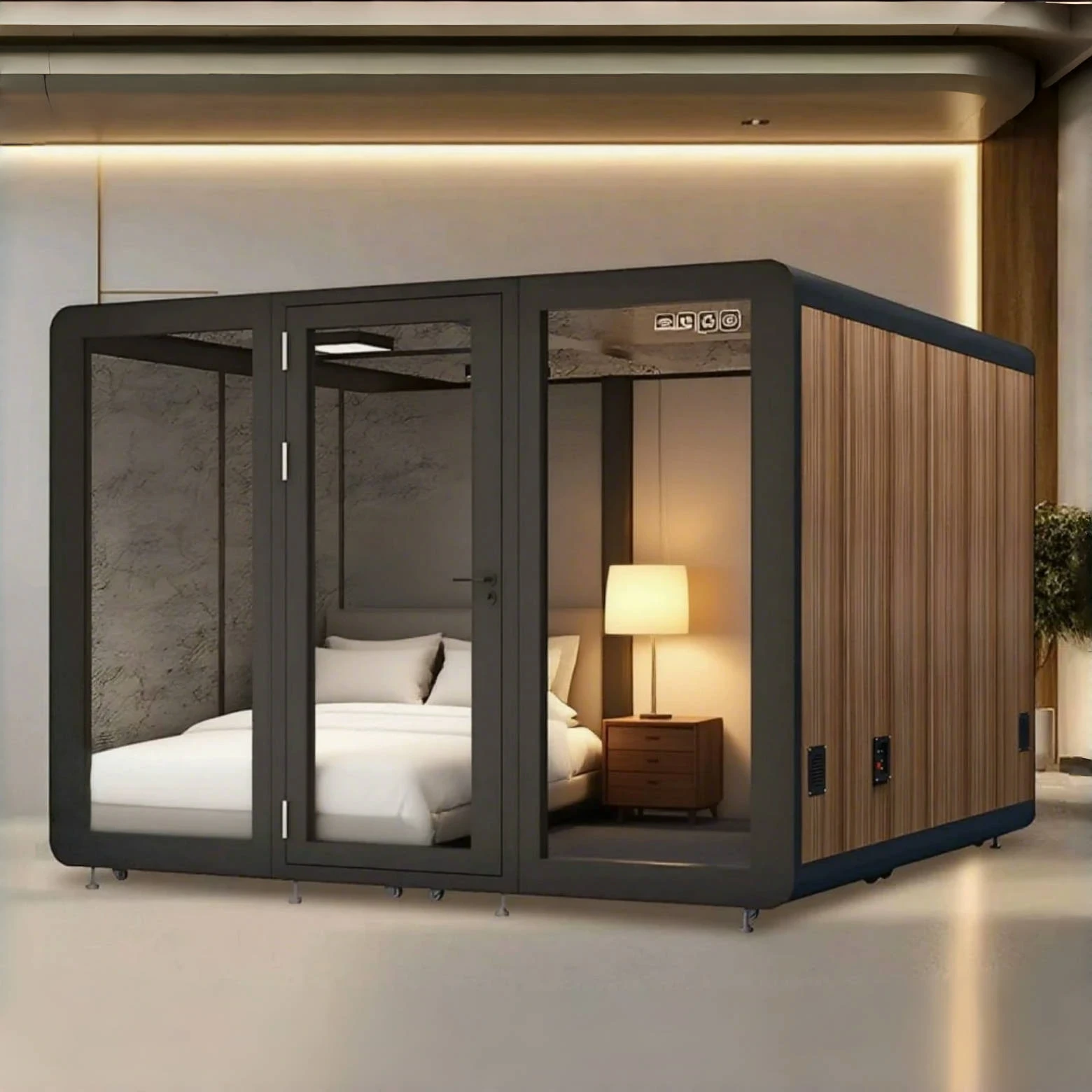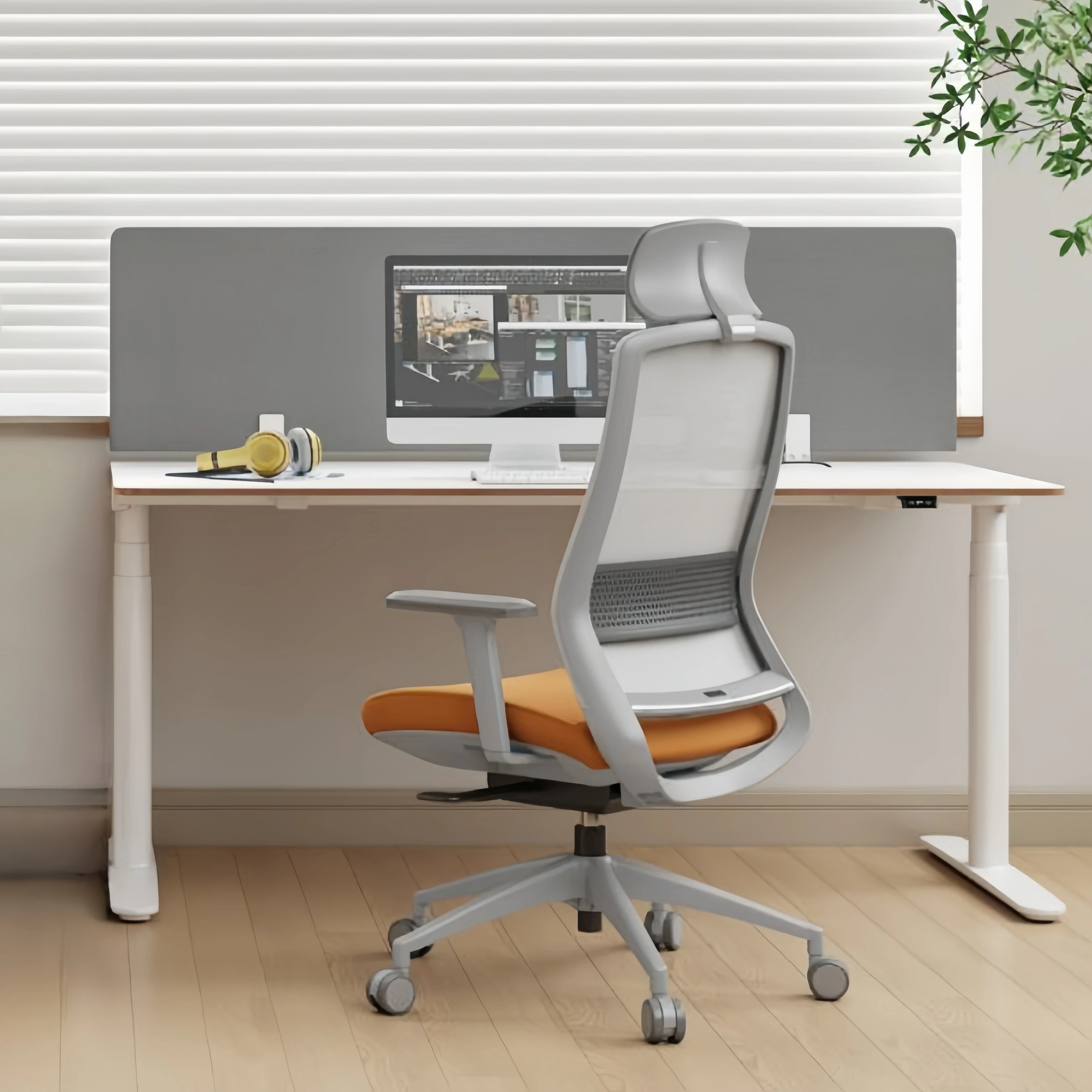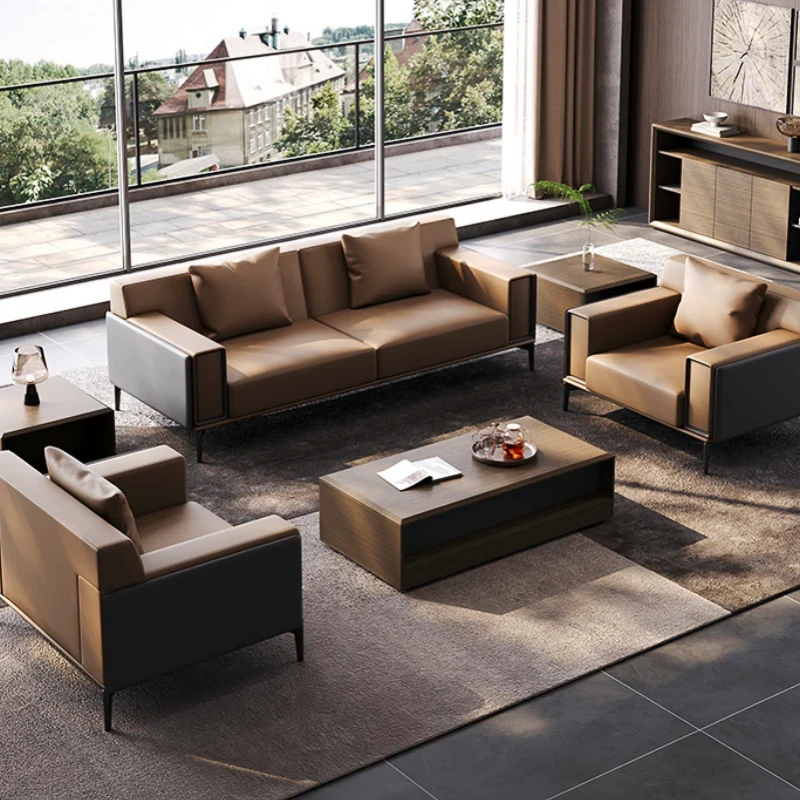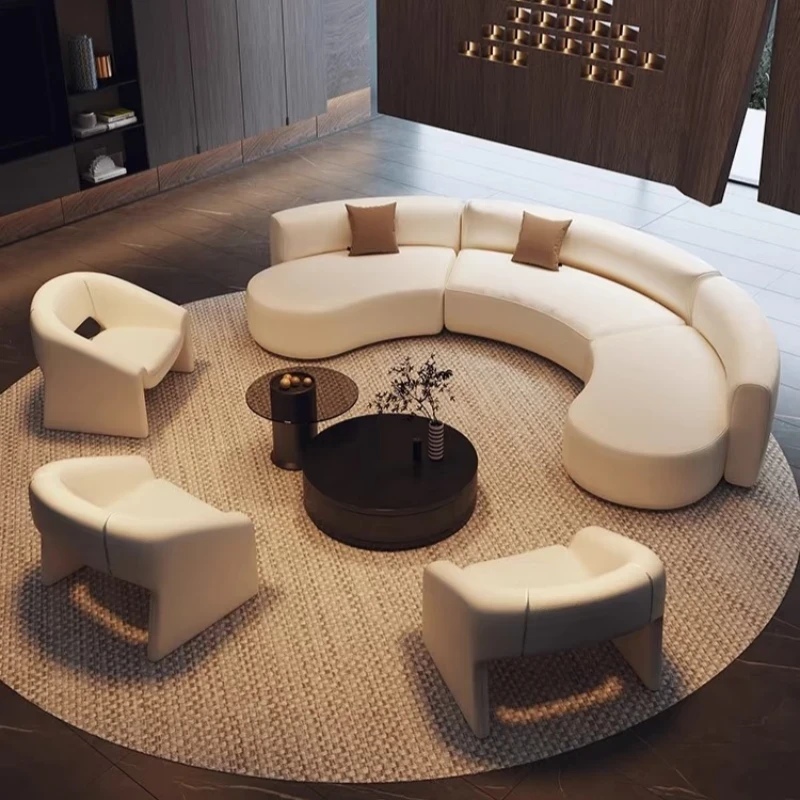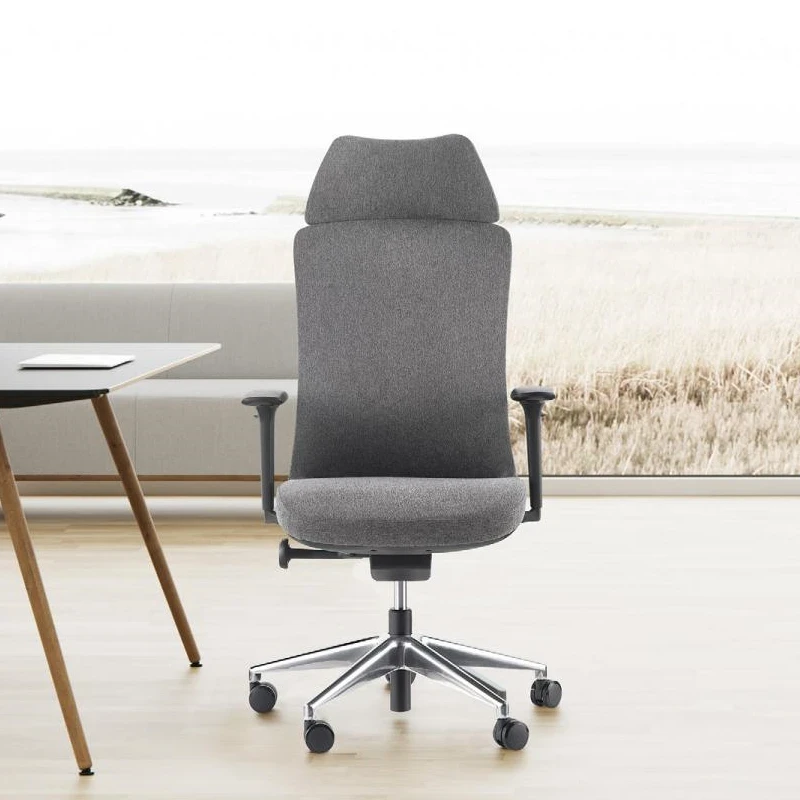In the furniture industry, homogeneity is very serious. Although they are different brands, they are actually the same products, which leads to a vicious cycle of competition. So what is the way to stand out in the furniture industry? Perhaps the following seven suggestions can help you:
1. Originality leads the industry.
Originality is always the key to success in the market. While many companies possess their own design capabilities, they often fail to achieve a perfect fusion of "product, culture, and lifestyle." This results in a lack of distinctive features in most furniture products, making them unable to stand out from the crowd and quickly pivot to escape the vicious cycle of homogenization. Therefore, identifying an original brand is crucial to success. The value of an original brand is determined by three factors: nationally recognized patents, a professional design team, and a clear industry advantage. For example, a leather sofa manufacturer must maintain originality and unique designs in its production to stand out in the sofa industry.
2. Culture determines the future.
Human nature manifests itself in both spiritual and material needs. When material needs are met, spiritual needs inevitably take precedence. Currently, both domestically and internationally, the cultural industry economy, centered around culture, is experiencing rapid growth. Products that embody culture and satisfy people's spiritual needs are highly sought after. Therefore, products with high cultural added value that demonstrate cultural taste are a major future marketing trend.
3. Customized locking advantages.
Meeting individual customer needs has always been a hallmark of corporate strength and a crucial tool for strengthening brand loyalty. People born in the 1970s, 1980s, and 1990s have become the undisputed driving force of home furnishing consumption. Brand loyalty is declining, while personalized demands are increasing. They focus not only on the rational functionality of products but also on the emotional intelligence and alignment of brands with their values. By appropriately extending product and service enhancements based on consumer needs and offering personalized, customized services, greater value can be realized from individual customers. Furniture manufacturers must listen to their customers' voices and needs to produce best-selling products. Ignoring customer needs and blindly following their own ideas will inevitably lead to market failure.
4. Innovation in sales model.
Experiential sales is currently the most effective marketing model. In today's information age, consumers not only compare prices and materials across stores, but also across the country, and even engage in in-depth discussions with salespeople. With consumers' growing self-awareness, their purchasing decisions are often driven by a deep understanding of the product. Therefore, leveraging the consumer's sensory experience as a breakthrough point and introducing in-depth experiential marketing can not only reduce the traditional haggling and bargaining involved in sales, but also increase customer satisfaction with the store.
5. Cross-border mixed operations.
Cross-border operations not only break with tradition and integrate resources, but also achieve complementary advantages and achieve dislocation marketing, often with unexpected results. For example, selling tea tables in a furniture store creates both an elegant display environment and a relaxing area for tea sipping, bringing a refreshing feeling to the entire store. Not only does it avoid direct competition with other furniture products, but it also earns high recognition from the furniture store property management and secures a prime location.
6. High investment cost-effectiveness.
In the context of an overall economic downturn, the input-output ratio is a crucial consideration. Renovation costs for a prestigious furniture brand can easily reach hundreds of thousands of yuan, a common practice in the furniture industry. Furthermore, the short lifespan of decorative items, coupled with the normal distribution costs, means a single store can often cost millions, not to mention the tens of millions required to create an original brand. Furthermore, fierce competition from similar products and imitations significantly reduces profit margins, limiting the return on investment. Therefore, every furniture dealer must strive to find a product that requires minimal investment, minimal reinvestment, and a high return on investment. If a furniture brand is represented by numerous dealers, it signifies a high level of market recognition.
7. Rigid demand is stable.
After all, China is a country with thousands of years of cultural heritage. Many traditional aesthetic characteristics and consumption habits are passed down from generation to generation and are flowing in the blood. Even some people who pursue fashionable and modern culture will still return to the taste of traditional culture when they reach a certain level. Therefore, products of traditional Chinese culture are not only the first choice for improving the quality of life of the wealthy middle class, but also tend to have a long life cycle and are not easily eliminated.

 USD
USD
 GBP
GBP
 EUR
EUR
